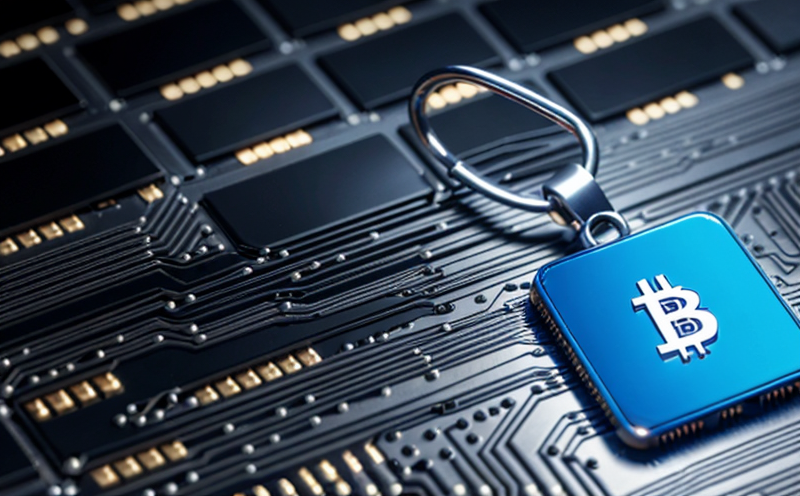ISO 27005 Risk Assessment Testing for FinTech and Blockchain Systems
The ISO/IEC 27005 standard provides a framework to enable organizations to manage information security risks effectively. In the context of FinTech and blockchain systems, this standard is critical as these technologies are not only rapidly evolving but also increasingly targeted by cybercriminals due to their innovative nature and potential for financial gain.
Risk assessment in this domain involves identifying vulnerabilities within cryptographic algorithms, smart contracts, decentralized networks, and other components that could be exploited. This process ensures compliance with regulatory requirements while enhancing the overall security posture of FinTech firms and blockchain projects. By implementing ISO 27005 risk assessments, organizations can prioritize mitigations based on potential impact and likelihood, thereby reducing exposure to threats.
The service encompasses a series of steps: initial threat analysis, asset identification, vulnerability assessment, and finally the evaluation of residual risks post-mitigation measures. Each phase is crucial for ensuring that all possible attack vectors are considered. For instance, during the initial threat analysis, experts review the current state of technology and the environment in which FinTech products operate to anticipate likely threats.
Asset identification focuses on defining what needs protection within a blockchain ecosystem—this could include private keys stored on hardware wallets or sensitive transaction data processed by smart contracts. A thorough vulnerability assessment then looks at how these assets might be compromised, considering both internal and external factors. Once identified, appropriate controls are recommended to reduce risks down to acceptable levels.
Customer Impact and Satisfaction:
Enhanced trust in financial services through robust security measures
Better protection against data breaches that could lead to financial losses
Increased confidence among users regarding the integrity of transactions on blockchain networks
Reduced operational costs associated with mitigating risks proactively rather than reactively
Improved compliance with relevant regulations and industry best practices
Easier integration into existing IT infrastructure without disrupting operations
The service also includes detailed reports that outline findings from each stage of the assessment process, complete with recommendations for improvement where necessary. These documents serve as valuable tools for stakeholders involved in decision-making processes related to cybersecurity investments.
International Acceptance and Recognition:
ISO 27005 is recognized globally as a leading standard for information security risk management. Its acceptance by governments, regulatory bodies, and private entities ensures that any organization adhering to this standard enjoys broad interoperability across different jurisdictions. Compliance with ISO 27005 helps businesses meet legal obligations related to data protection, privacy laws, and cybersecurity frameworks such as NIST SP 800-30.
By incorporating the principles of ISO/IEC 27005 into their operations, FinTech firms can position themselves favorably in today’s competitive landscape. They demonstrate a commitment to excellence that resonates with investors, customers, and partners alike. Furthermore, adherence to international standards like these fosters global collaboration on shared challenges, promoting innovation while maintaining high ethical standards.





